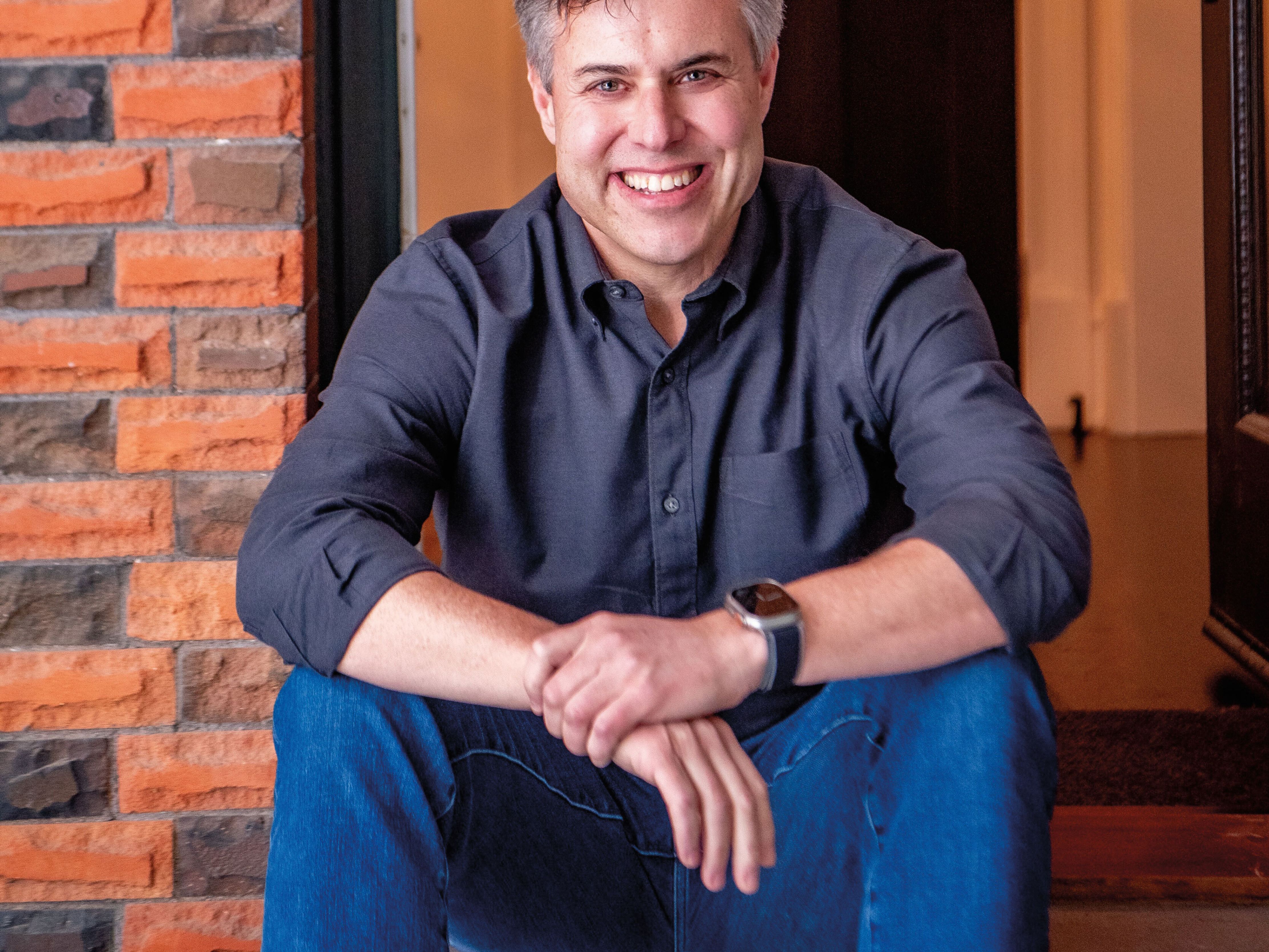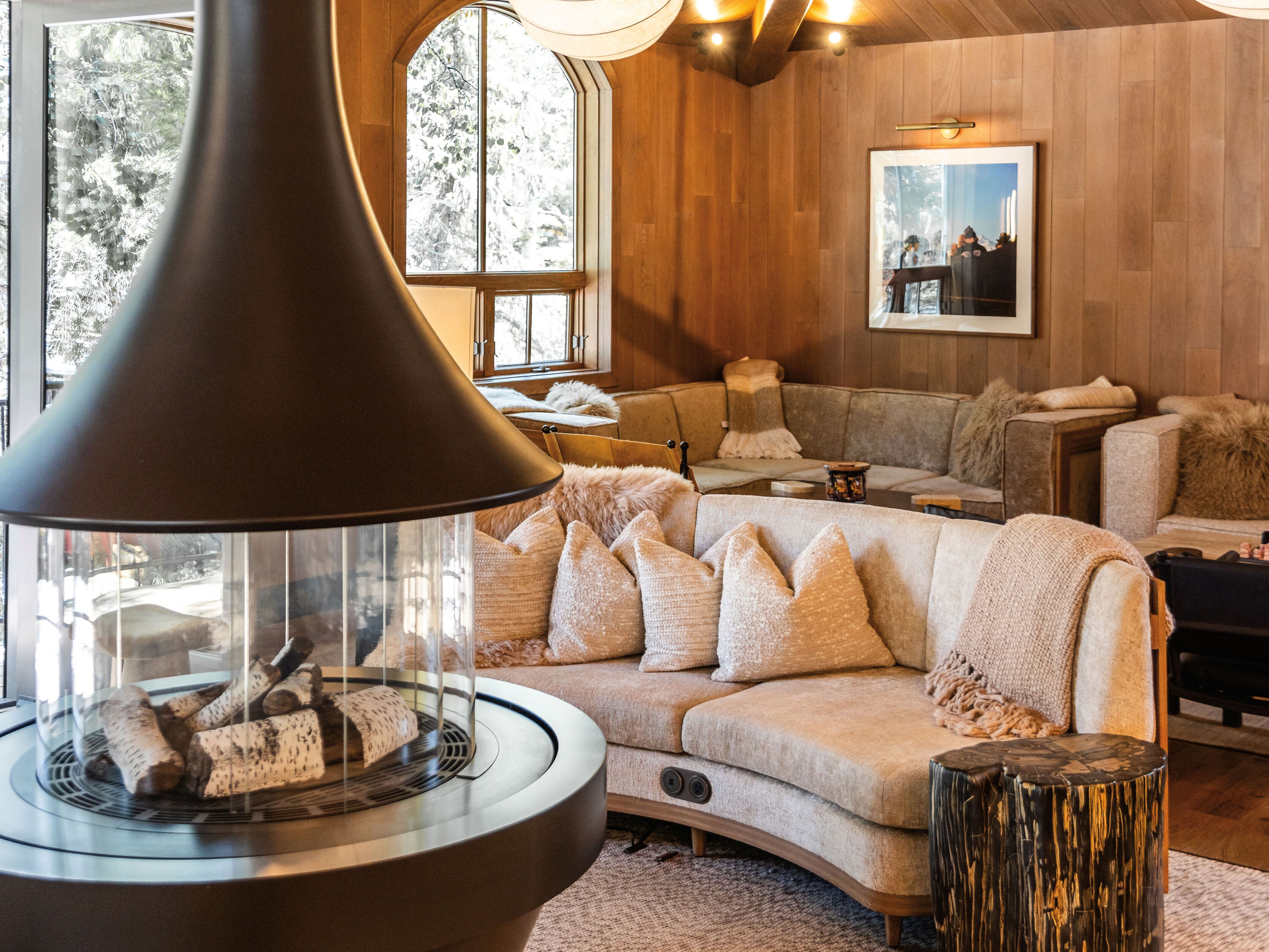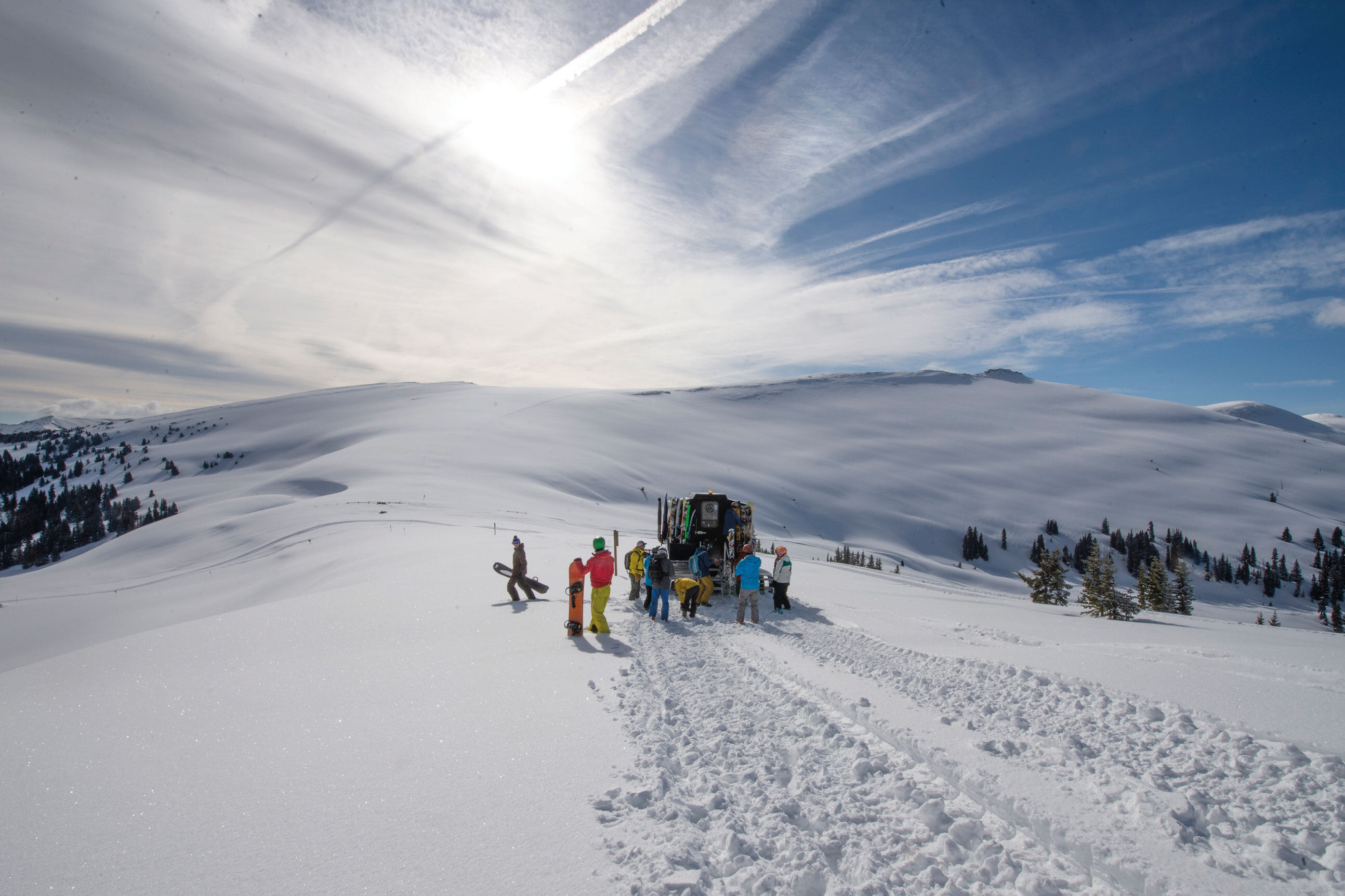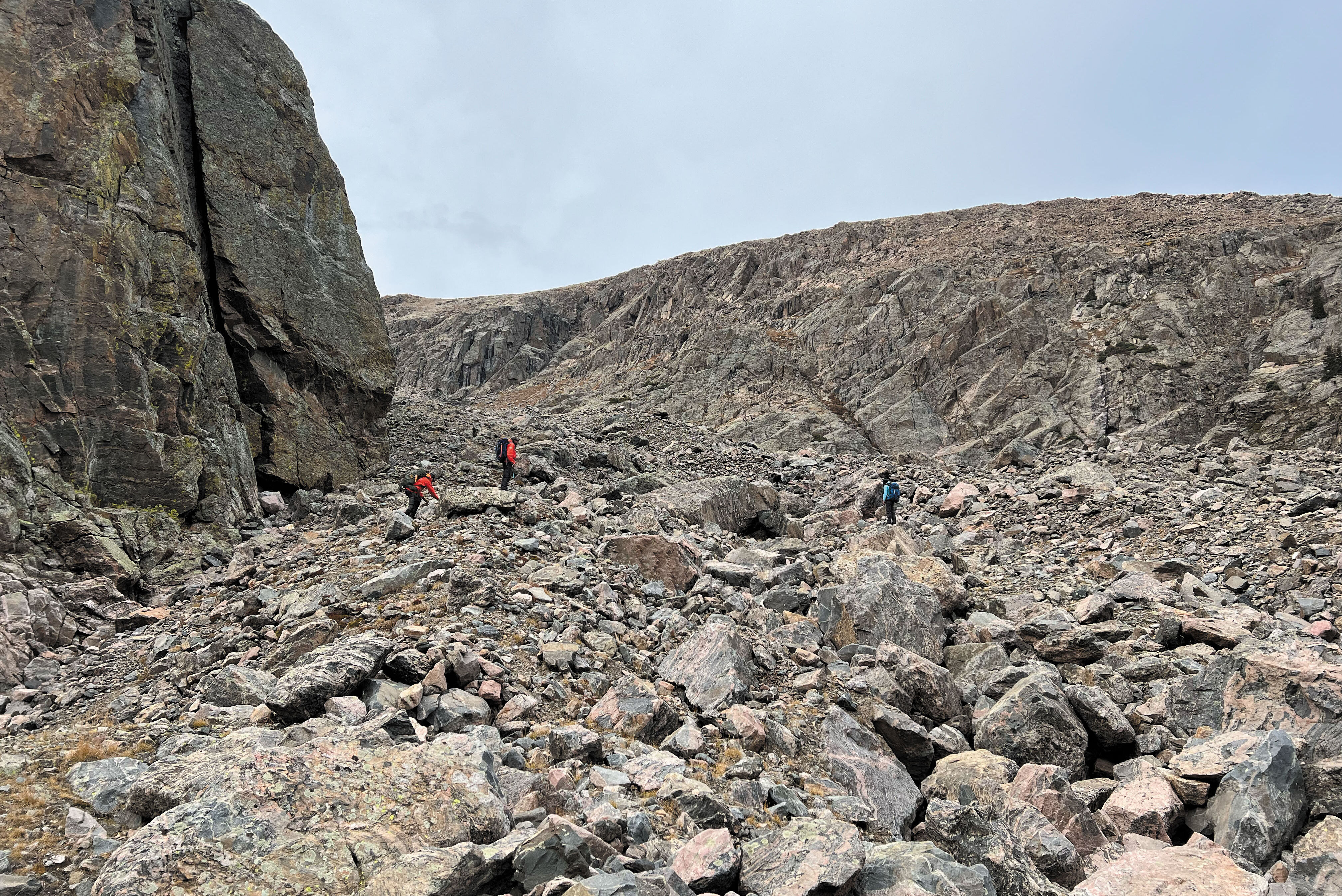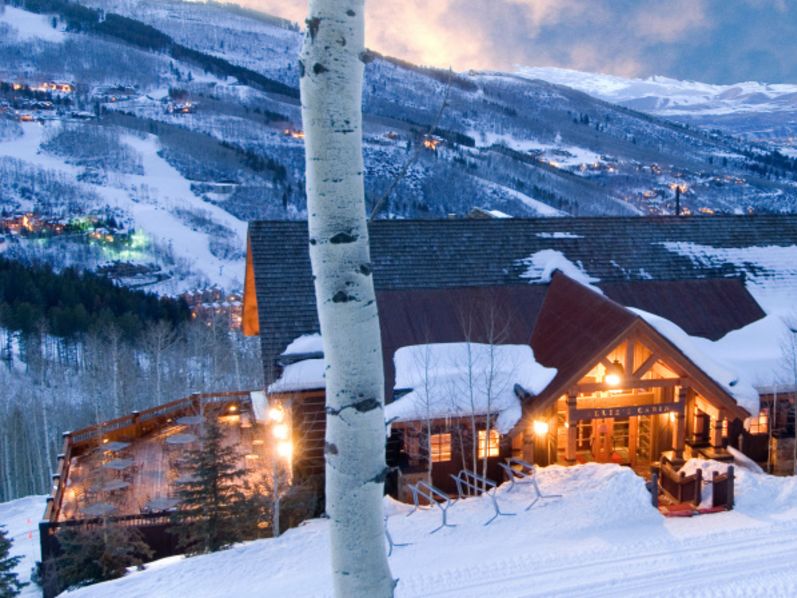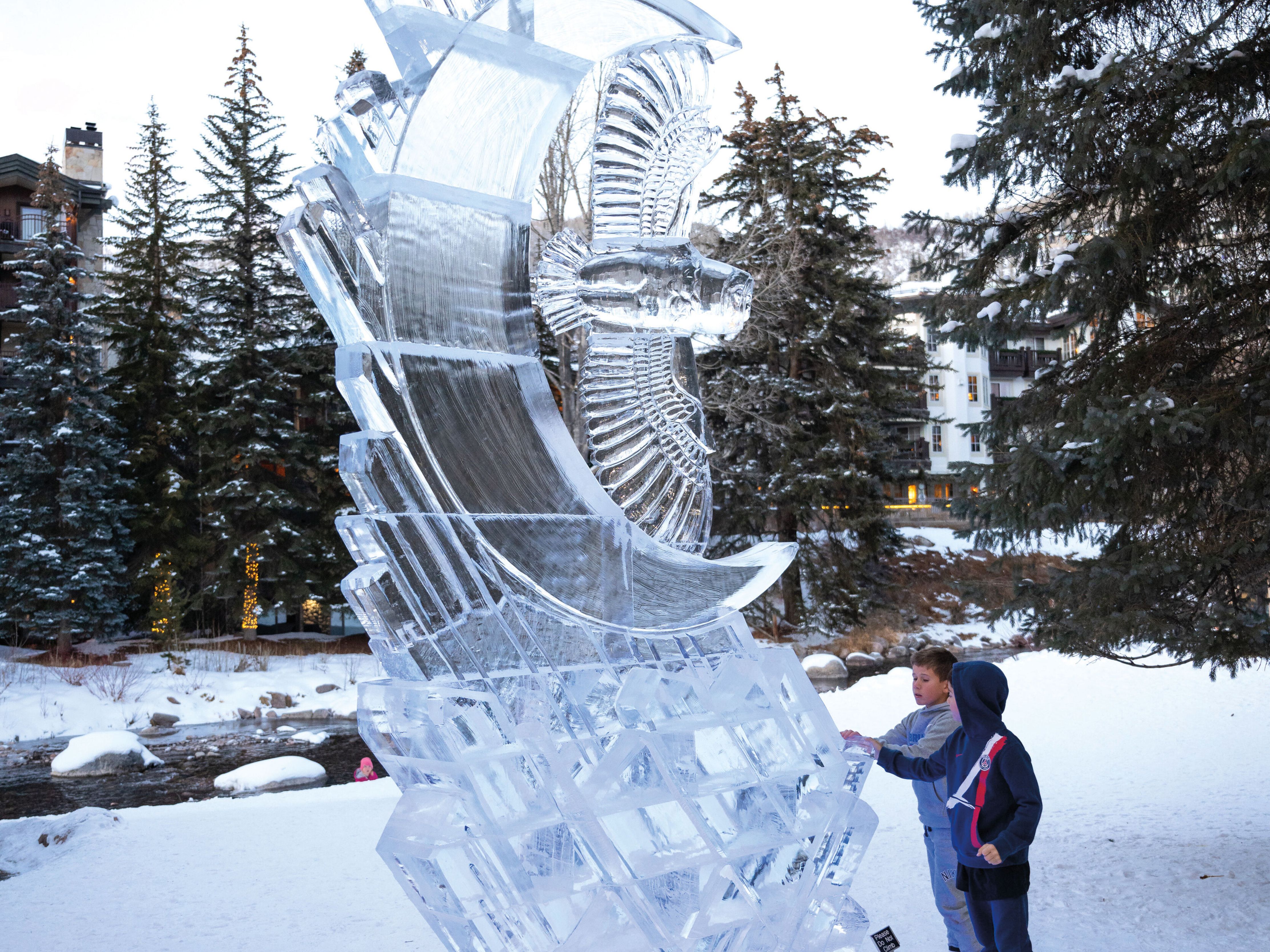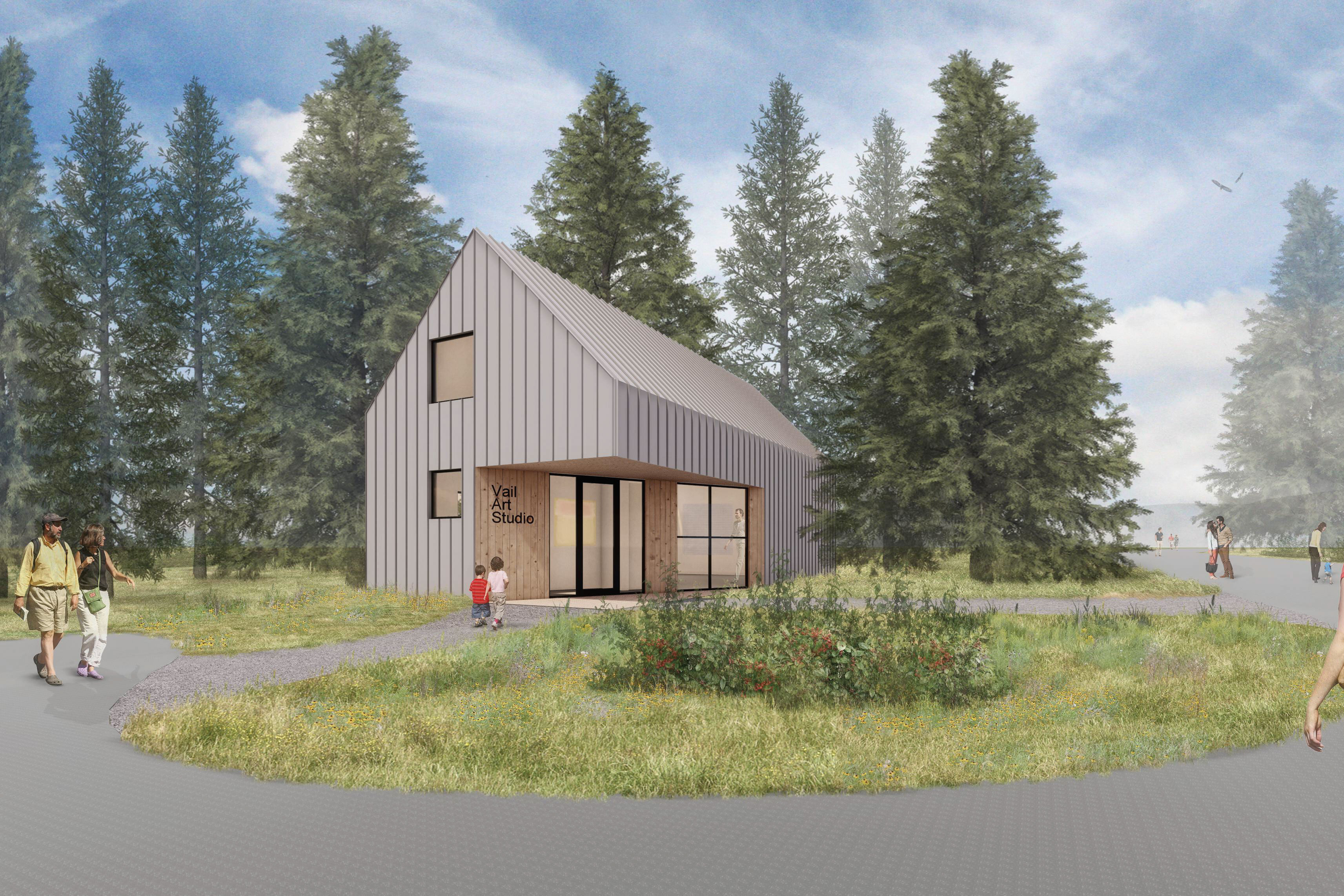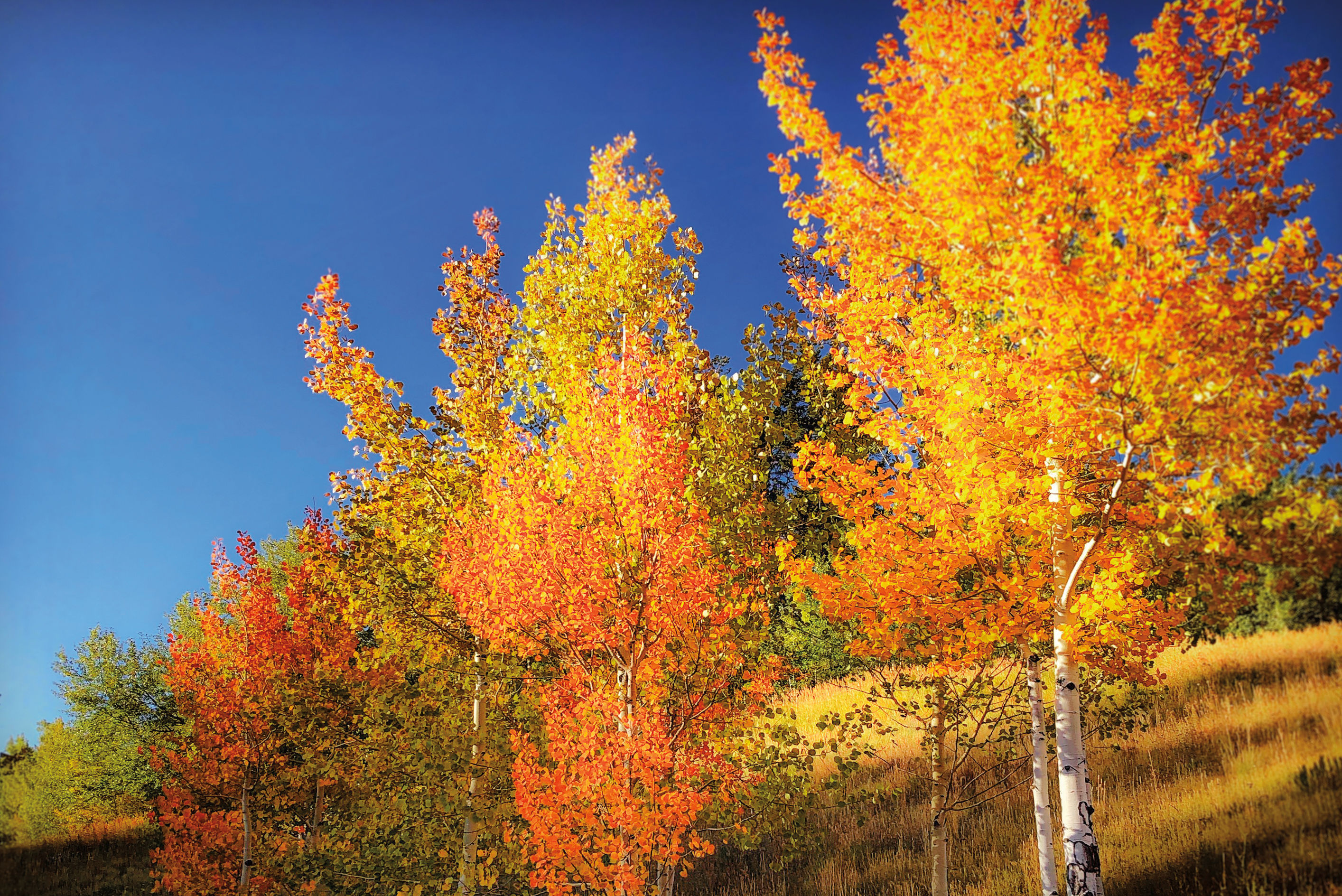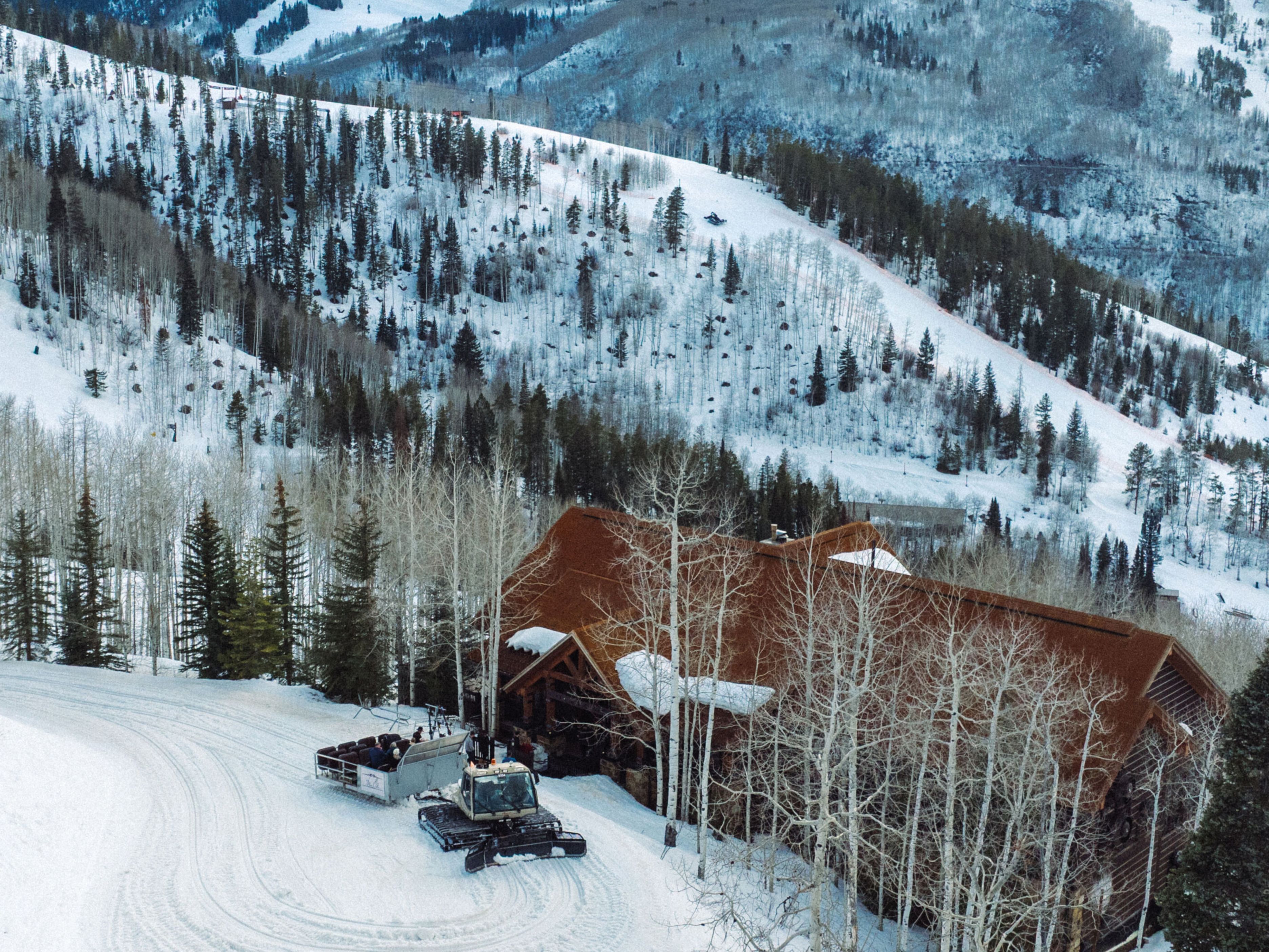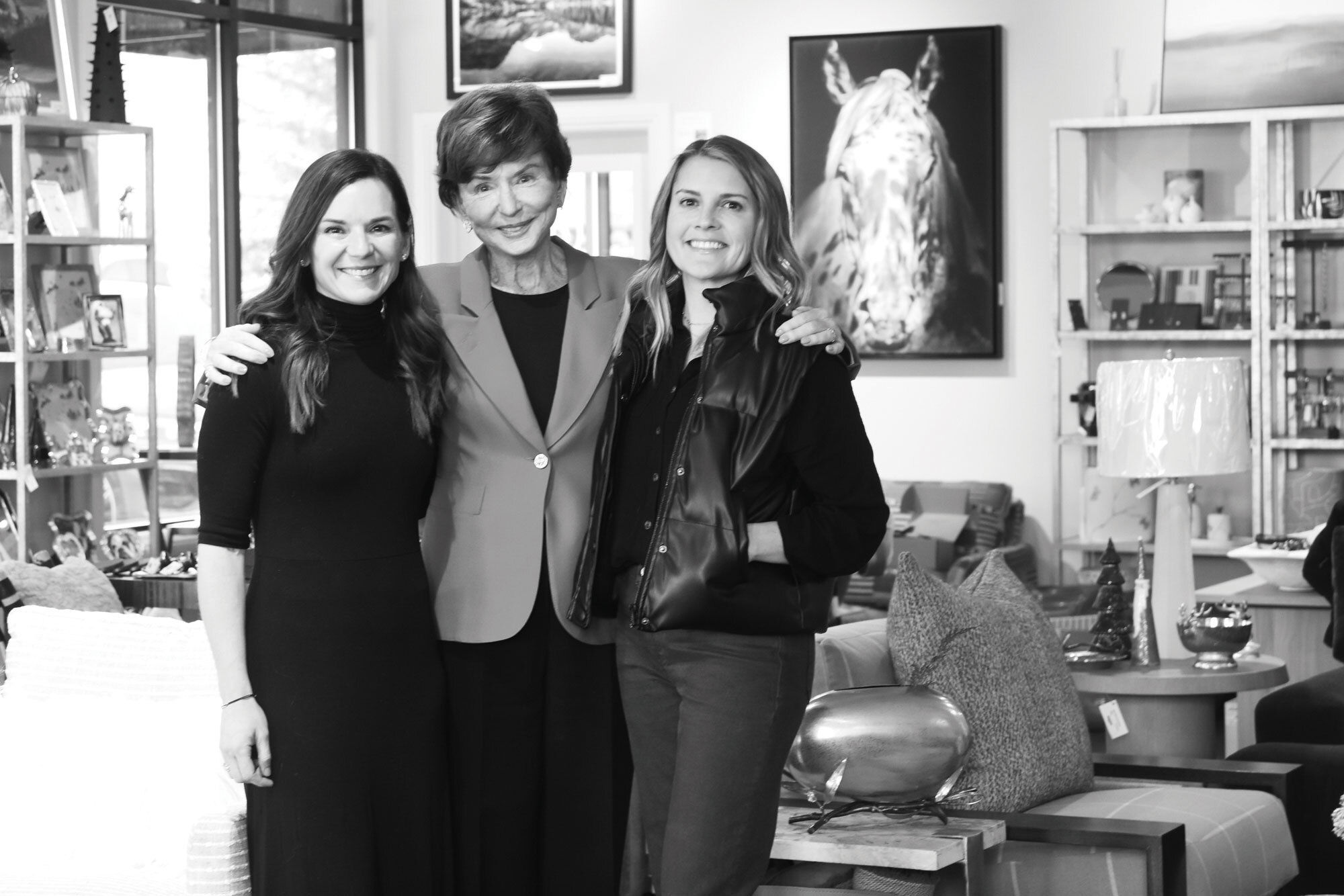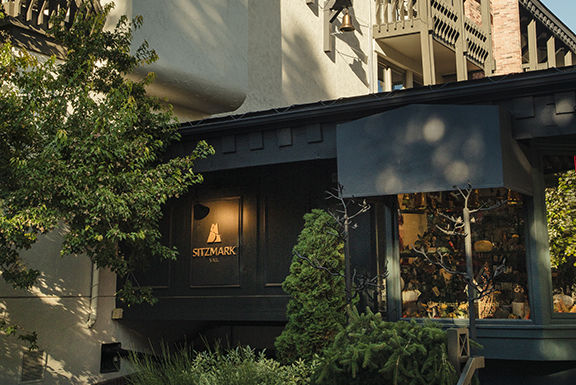Vail Film Festival 2020 Preview
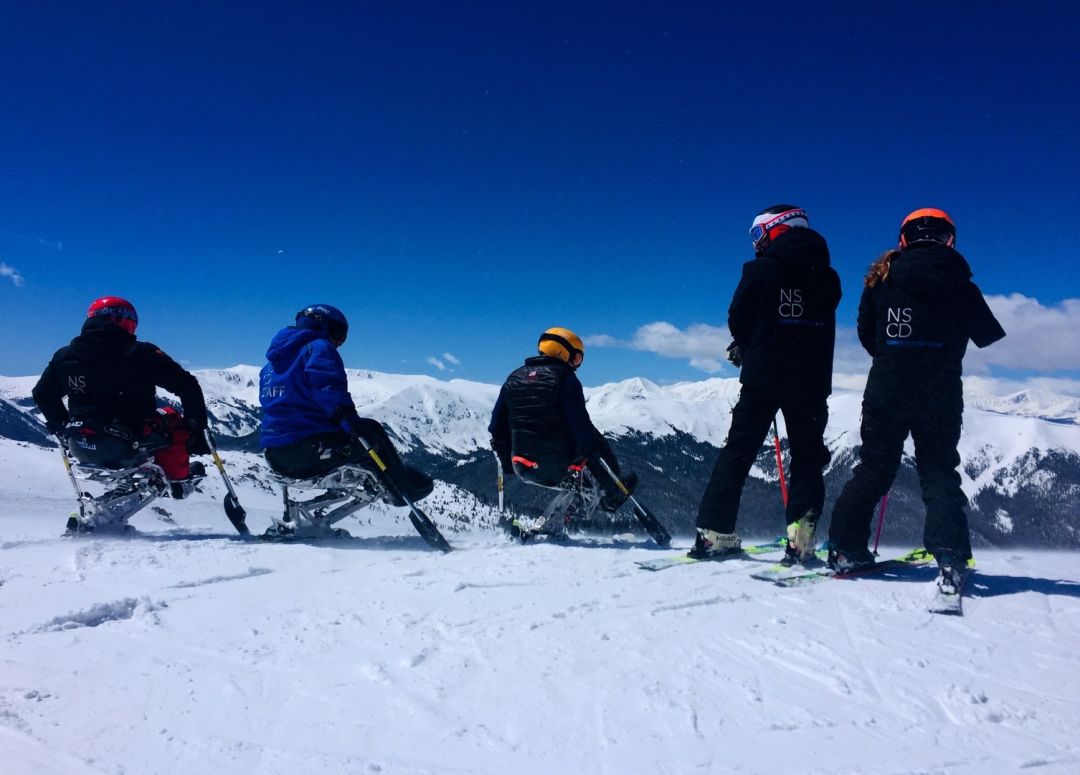
A scene from Fresh Tracks, a documentary about the wounded World War II veteran who pioneered the sport of adaptive skiing, one of 55 films screening online May 15–17 at the Vail Film Festival.
Image: Courtesy Vail Film Festival
Unlike other signature spring and summer festivals that either have been rescheduled (GoPro Mountain Games) or canceled (Bravo! Vail) due to the pandemic, the Vail Film Festival (VFF) will screen as planned this weekend (May 15–17). Only not in the usual auditorium at Vail Mountain School and other venues around the valley, but on your smartphone or laptop, or, if you have Apple TV or Roku, in your home theater/living room.
As COVID-19 began shuttering businesses and postponing large gatherings across the country, festival co-founder Sean Cross and director Corinne Hara started planning for the new reality—moving the festival from a physical place to cyberspace.
“The whole coronavirus thing was kind of on everybody’s radar," says Cross, a Los Angeles-based documentary filmmaker who founded the festival with his brother in 2003. “I’m just excited that we get to have a festival this year because early on it looked like that wasn't possible.”
To Cross and Hara, the absence of the physical event initially was a disappointment, but they quickly realized that it also presented an incredible opportunity: broadening the reach of the festival from a few hundred cinephiles in the Vail Valley to a worldwide audience sheltering at home, hungry for new cinema to binge.
“It was a little bit of a pivot—a little bit of challenge to go online, but then we started to see the opportunity,” says Hara, a Vail Valley architect/event planner/cinephile. “It’s a different audience. We have a broader reach. Technology has enabled us to grow the festival at a level that we couldn't have imagined before.”
When Cross (a graduate of New York University’s film school) and his brother (another aspiring filmmaker) debuted the first VFF in a cineplex at Vail Village’s Crossroads shopping center, it was a calculated attempt to create an alternative to celebrity-driven festivals in other mountain resort communities.
“We wanted an opportunity to really support and showcase independent film,” Cross recalls, adding that the first two seasons drew small but devoted audiences. “A lot of the major festivals, including Sundance, had gone towards showcasing celebrity-driven films … We were embraced pretty quickly by the community. People seemed excited about having a film festival in Vail.”
Year after year, as VFF changed venues from the Crossroads (which was razed for the Solaris during Vail’s New Dawn transition from sleepy ski village to international tourist destination) to the Cascade Theater in West Vail (now home to the Mountain Art Collective) to the Vail Mountain School, the festival gained a following, but it was wanting for a niche. So, as Cross explains, “about four years ago, we pivoted to supporting female filmmakers and showcasing female-made films.”
In the wake of the #MeToo movement, the VFF’s female-centric focus makes it even more relevant. “It gave us a new direction that really was embraced by the industry, locals, and our community,” says Hara.
“Women are underrepresented in the film industry in any kind of leadership or decision-making roles, directing, writing, [or] producing,” adds Cross. “The festival now is really a platform to support female filmmakers and try to gain parity for women in film.”
To that end, this year’s festival includes an all-female panel, Women in Film: Personal Stories (May 16, 11 a.m.), a webinar feting a half-dozen directors, filmmakers, actors, and producers.
In the past, Q&A sessions after each screening enabled audience members to personally engage with the filmmakers. However, artists featured at the festival couldn’t always attend. With the festival now moved online, Cross notes that “more people can participate because they don’t have to go anywhere. We’ll have a broader reach and greater participation from the artists.”
And, in homes throughout the valley and around the world, a rapt audience of festival newcomers eager for connection.
“We can continue to grow the brand and bring visibility to Vail and to independent film,” Hara says. “What I’m excited about is the ability to reach others and create virtual but meaningful connections with people during a time when I feel like we really need it.”
This year’s online Vail Film Festival, presented by the Hallmark Channel, will screen 55 independent films. Here are our four faves:
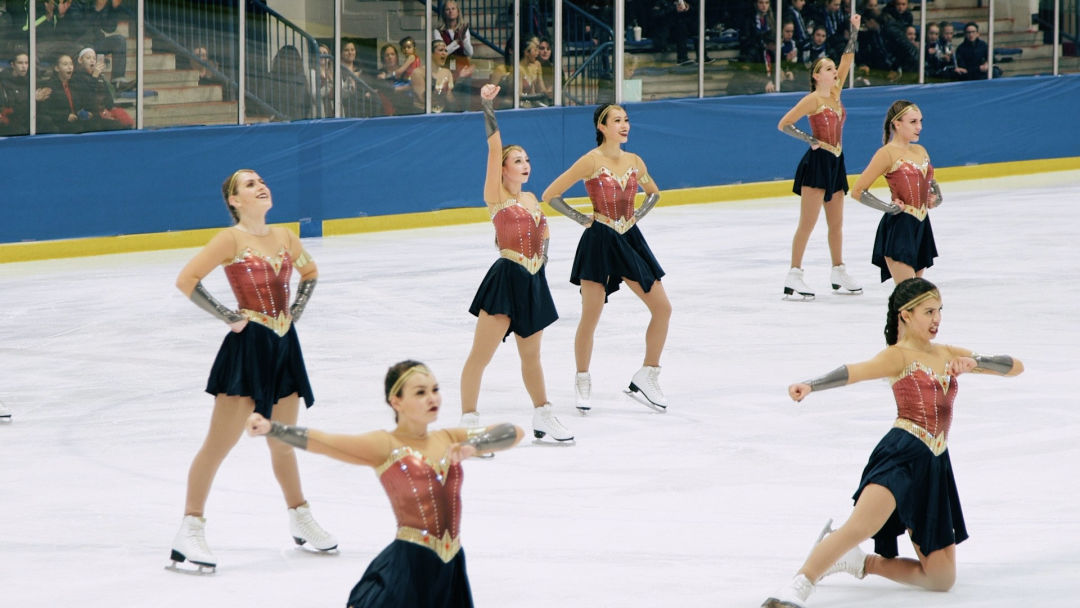
Image: Courtesy Vail Film Festival
Life in Synchro
Life in Synchro, a documentary directed by Angela Pinaglia, delves into the lives of athletes who’ve dedicated themselves to the underdog sport of synchronized ice skating—which is sort of like synchronized swimming, only the action happens on top of, rather than in or under, water, and the water happens to be frozen.
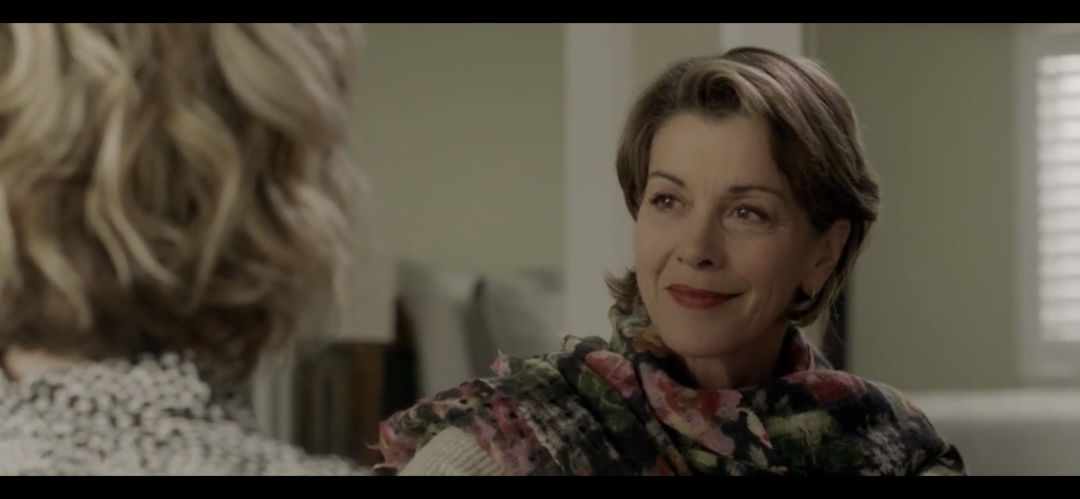
Image: Courtesy Vail Film Festival
Beautiful Dreamer
Beautiful Dreamer, directed by Amy Glazer, follows a group of middle-aged women as they navigate life and love in the Bay Area. The film interrogates the concept of the modern family and conventional notions of parenthood as the characters expect a surrogate baby.
The MisEducation of Bindu
In The MisEducation of Bindu, directed by Prarthana Mohan, an Indian high-schooler attempts to test out of school to escape her daily encounters with bullies. However, she must pay a fee to do so, meaning she must seek the help of those who torment her for money.
Fresh Tracks
Presented by the Vail Veterans Program, this Vail-centric documentary follows the life and career of Paul Leimkuehler, a nationally ranked bicycle racer who lost his left leg while serving in World War II. The 1981 U.S. Ski & Snowboard Hall of Famer pioneered the adaptive skiing movement, introducing an activity with potential to heal disabled athletes’ physical and mental scars. Katie Leimkuehler, Paul Leimkuehler’s granddaughter, is one of the film’s executive producers.
The Vail Film Festival will take place online May 15–17, 2020. Find the full schedule of films here. All-access passes, $60; 10-film passes $40. (Vail-Beaver Creek readers receive a 25% discount using code VBC).

